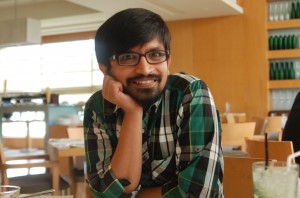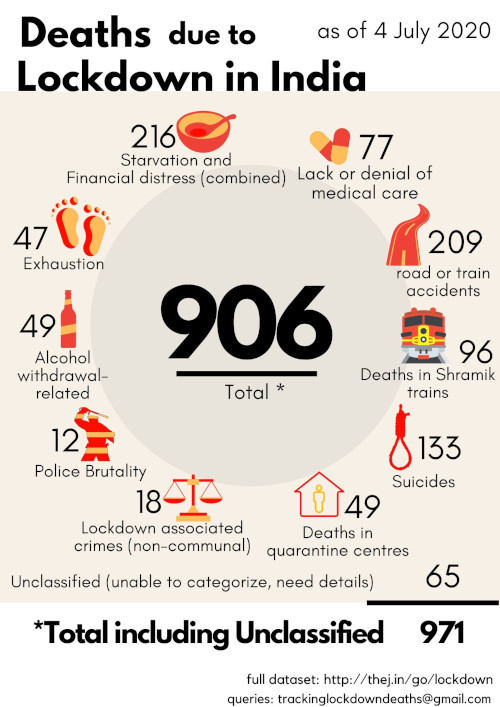Love and Sex
Yesterday I was at friend’s place for dinner. As usual we were talking about many things from twitter, to taking breaks, to brand images to MJ. Then suddenly I had to give this quote from one of the TED speeches, but then both of them are mostly non techies. So I had to take a step back. showed them these two videos.
The first one is from TED/India by Sunitha Krishnan who works for an NGO Prajwala which battles against sexual slavery and human trafficking.
they were very silent after watching this. Well even I was when I watched it first time.
Sunitha Krishnan has dedicated her life to rescuing women and children from sex slavery, a multimilion-dollar global market. In this courageous talk, she tells three powerful stories, as well as her own, and calls for a more humane approach to helping these young victims rebuild their lives.
Then I made them to watch this
Anthropologist Helen Fisher studies gender differences and the evolution of human emotions. She’s best known as an expert on romantic love. This particular talk is about why do we crave love so much, even to the point that we would die for it? To learn more about our very real, very physical need for romantic love, Helen Fisher and her research team took MRIs of people in love — and people who had just been dumped.
I guess they liked what they saw. Love and Sex are very complex. Its difficult to find just one emotion/words to define them. If pictures can speak thousand words then these two videos can speak million. I don’t have anything to write, just go watch them.












Let me speak from my perspective and in direct terms, I am likely to feel the physical need for love in relation to the person who I am romatically involved and have an emotional involvement that is different from my emotional involvement with my child, siblings, parents, friends, and others; if I have physical desire for just about anybody, it is simple sexual desire devoid of any emotional or social values. Love must not hurt, if it abuses and hurts, it is not love.
Let me present simple statistics from various studies aound the world. Globally, at least one in every three women, has been beaten, coerced into sex or otherwise abused during her lifetime. 13% of college women indicated that they had been forced to have sex in a dating
situation. Only 28% of rape/sexual assault victimizations are reported to law enforcement officials. Approximately one in five high school students reports being physically and/or sexually abused by a dating partner, teacher, classmate. In 2000, 84% of child abuse victims of whom almost 95% were girls, were abused by a parent, mostly the father. Between 25% and 33% of same sex couples experience battering behaviour. Women with disabilities are raped and abused at a rate at least twice that of the general population of women. The list can go on …
No love can lead to abuses as mentioned above. All such acts arise from a criminal mindset, with an intention to hurt and control and to gain compliance, subservience, and pervert pleasure.
Violence, including physical, sexual and psychological attacks that adults or adolescents use, is a pattern of abusive and coercive behaviours in relationships or with strangers. At no point and in no sense it can ever be love.
@nisha : I don’t know the numbers, But I agree its not easy being a victim, specially in India. I also agree sexual assault incidents are on the rise, as our society is advancing (?). The fact that most of such cases happen with in neighborhood (family, friends, neighbors, school, work etc) makes it much more worse for the victim. I guess most of the cases which go unreported are by such near and dear ones. sad.
The part I like in the speech by Sunitha is where as a society we can rehabilitate these children and women who are exploited to the core. Even though we call ourselves educated and broad minded, we aren’t. How do we change this situation? or How do we make them one amongst us? Is so called society is social enough?
The second video tells us more about love, and the happiness/sadness it brings to us. Its good to know the scientists weren’t able to explore the all secrets behind love. And also feels good to know people can be in love beyond 25+ years. You can say, haven’t you seen 30+years happily married couple in India. But in India people can be happily married with out being in love. I was just thinking if studies can tell so much about love, is there a way to increase happiness/love in this world ? Will such a kind of study help.